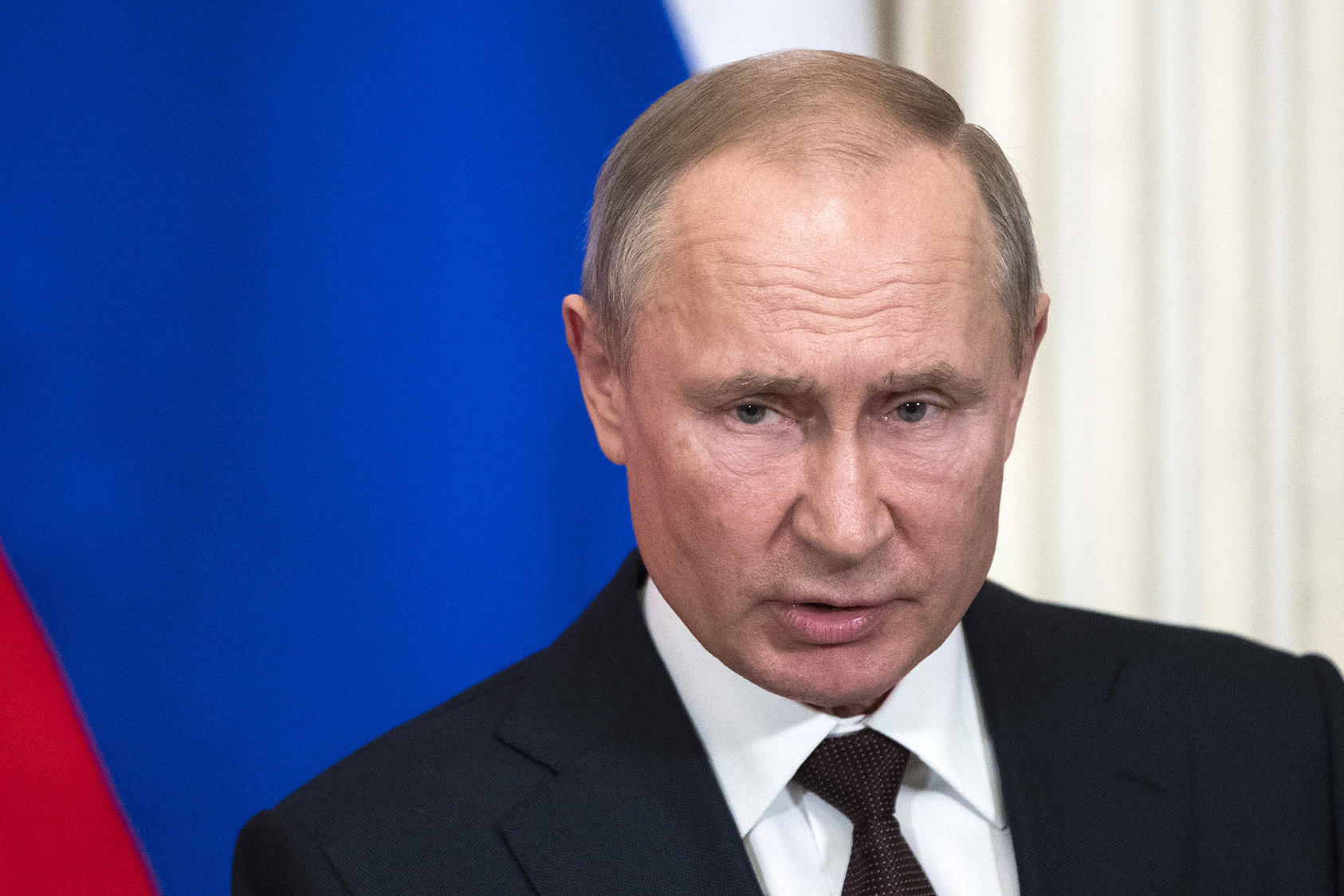Understanding Russia’s Interest in Conflict Zones
Under Vladimir Putin, Russia’s global ambitions have steadily increased, including in unstable areas of the Middle East, Africa, and the Western Hemisphere. For the most part, Moscow’s activities in these and other areas run counter to Western interests and undermine efforts to mitigate conflict through broad-based, transparent processes. This report outlines the factors that appear to be motivating the Kremlin’s conflict-zone interventions and places them within the larger context of Russian foreign policy interests.

Summary
- During the past decade, Russia’s foreign policy ambitions have steadily increased, including in areas of conflict or instability in the Middle East, Africa, and the Western Hemisphere.
- Current Russian engagements in conflict zones are driven by the geostrategic interests and character of the traditional Russian state, global political ambitions and behavioral patterns inherited from the Soviet Union, and the political, economic, and private motives of the highly personalized Putin regime.
- A rough overall pattern in Moscow’s interventions in conflict zones, based on proximity to the Russian heartland, is discernible: the closer to Russia, the more important are traditional geostrategic factors and the more willing the Kremlin is to commit resources.
- In more distant conflict zones, such as those in the Middle East, North Africa, and Latin America, Russia places greater emphasis on global-political or opportunistic economic and private interests, and is more selective in deploying its resources.
- Russia’s activities in conflict zones usually directly or indirectly run counter to Western interests. Still, it is sometimes possible for the United States and its allies to carve out space for cooperation with Russia on specific issues in conflict zones.
About the Report
This report examines the Russian government’s posture toward and reasons for involvement in conflicts in less-developed or fragile contexts. The views expressed in the report are those of the author and are not necessarily those of the U.S. government.
About the Author
Paul M. Carter, Jr., is a State Department Senior Fellow in USIP’s Office of Strategic Stability and Security. He is a career member of the Senior Foreign Service, and most of his career as a diplomat and scholar has focused on Russia, the Soviet Union, and other countries of Europe and Eurasia. From 2017 to 2019, he was the US consul general in Yekaterinburg, Russia. He is the author of Chief Ideologist: M. A. Suslov and the “Science” of Communism in the USSR, published (in Russian) by Moscow State University in 2003.


